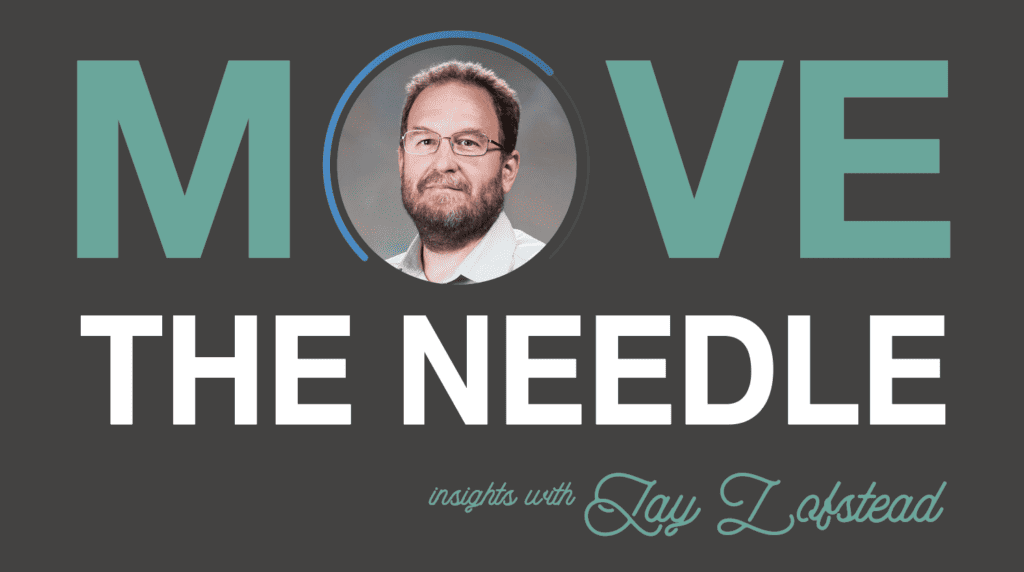In a recent interview with Jay Lofstead, Principal Member of Technical Staff at the Sandia National Laboratories in Albuquerque, the importance of mentorship and its profound impact on professional development took centre stage. Jay shared insights into various types of mentorships, the significance of advocacy, and shed light on the WHPC mentorship program.
Interview by Cristin Merritt, CMO of Alces Flight with editorial support by Dominik Wojtak
Understanding Mentorship Dynamics:
Jay highlighted the diverse roles mentors can play, including mentorship, coaching, sponsorship, and advocacy. Advocacy, according to Jay, stands out as a crucial element in overcoming challenges people face in getting noticed for their unique contributions or aspiring growth in specific directions. Having someone who can shine a light on their work is immensely beneficial for mentees.
Choosing the Right Mentor:
While there’s no one-size-fits-all approach to choosing a mentor, Jay emphasised the effectiveness of organic relationships. Allowing mentor-mentee connections to develop naturally fosters stronger, more authentic bonds. However, Jay acknowledged the effectiveness of organised mentorship programs, especially for individuals with limited connections. Such programs provide access to a pool of mentors, offering guidance and support.
The WHPC Mentorship Program:
Jay discusses the WHPC mentorship program, which is scheduled to run four times a year, allowing for three cycles annually. This structure facilitates regular meetings, allowing mentors and mentees to build meaningful connections. The program enables individuals to explore different mentoring styles and offers the flexibility for relationships to extend beyond the initial four-month period. The two-way street benefit ensures both parties learn new skills and techniques for personal and professional growth. Mentors also find support in unfamiliar situations, gaining valuable learning experiences to share with their mentees.
Advice for Building a Successful Mentorship Program:
To establish a successful mentorship program, Jay provides valuable advice:
- Advertisement and Declaration – make the existence of the mentoring program known. Actively advertise and declare the program’s presence to attract both mentors and mentees.
- Social Skills – Building and maintaining social connections are vital. Possessing strong social skills encourages individuals to participate in the mentorship program, fostering a collaborative and supportive community.
- Follow-through – Regularly monitor and assess the program’s progress. Ensuring both planning and execution align with the program’s objectives is essential for its success. Consistent follow-through contributes to the longevity and effectiveness of the mentorship initiative.
Watch the full interview!
You can now watch the full interview and get all the insight from Jay about his passion for coaching and its impacts on individual development. And, don’t forget to check WHPC Mentorship Program and sign up to be in the next cohort!
Move the Needle Project
Furthering the cause of diversity and inclusivity in HPC, the ‘Move the Needle’ project by
Women in HPC and Alces Flight is all about tracking actions people and teams are taking to
drive positive change. Beginning in January 2024, individuals in the HPC field can commit to
one to three actions to move the needle toward greater inclusion.


